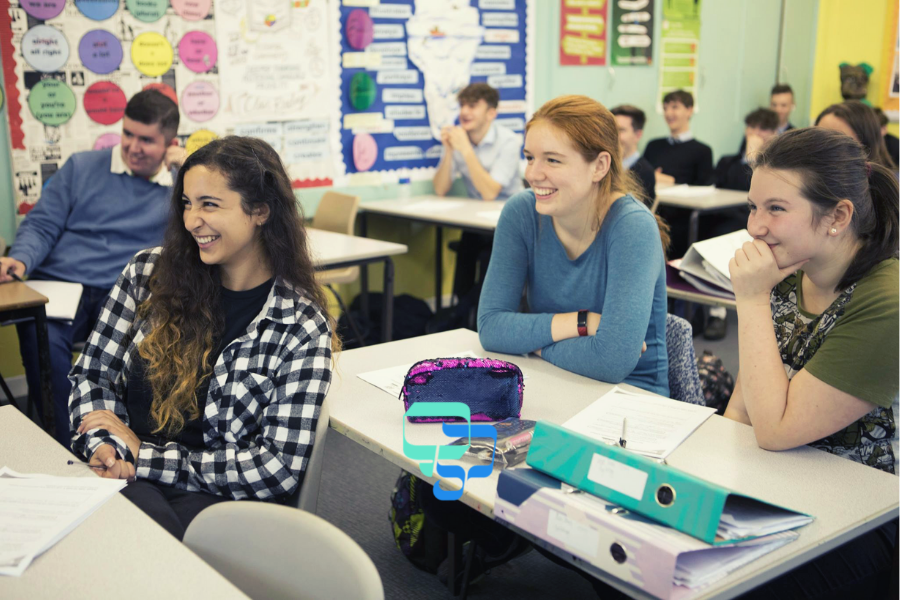
We’re back!
This time, with our 10-point guide to creating safe spaces in schools:
- Make time in the school schedule for students to voice their opinions about political issues they care about - a lack of discussion of politics in school can lead to a lack of understanding of it
- Curate in advance a display of symbols of the causes they wish to discuss, ensuring that the display contains balance where there are opposing views over the same issue
- Allow students to use expressions such as ‘Free Palestine’ or ‘Save Israel’, as long as the first phrase is not targeted at Jewish people and the second phrase is not targeted at Muslim people
- If students use phrases such as ‘Free Palestine’ or ‘Save Israel’, encourage exploration of what they mean by that, and their understanding of International Law and UN resolutions defining the terms ‘Palestine’ and ‘Israel’
- If students express concern about freedom for Palestinian people, do not accuse them of supporting terrorism or being antisemitic - give them the opportunity to talk about why this issue is important to them
- If students express concern about safety for Israeli people, do not accuse them of supporting apartheid or being Islamophobic - give them the opportunity to talk about why this issue is important to them
- Encourage students to research and define ‘apartheid’ and ‘terrorism’ before deciding to use them or not - both their etymology and their definitions under the UN and International Law
- Give students a values framework with which to approach discussions on this issue:
- Non-violence
- Equality for all
- Rejection of hatred
- Give students a critical-thinking framework with which to approach activism on this issue:
- Is it fair?
- Is it constructive (i.e. will it work to actually improve the situation for Palestinian and Israeli people)?
- Is its goal a win-win outcome for Israelis and Palestinians?
- Before deciding to oppose or support any organisation involved in this issue, seek to gain first-hand knowledge of their work - don’t rely on secondary sources